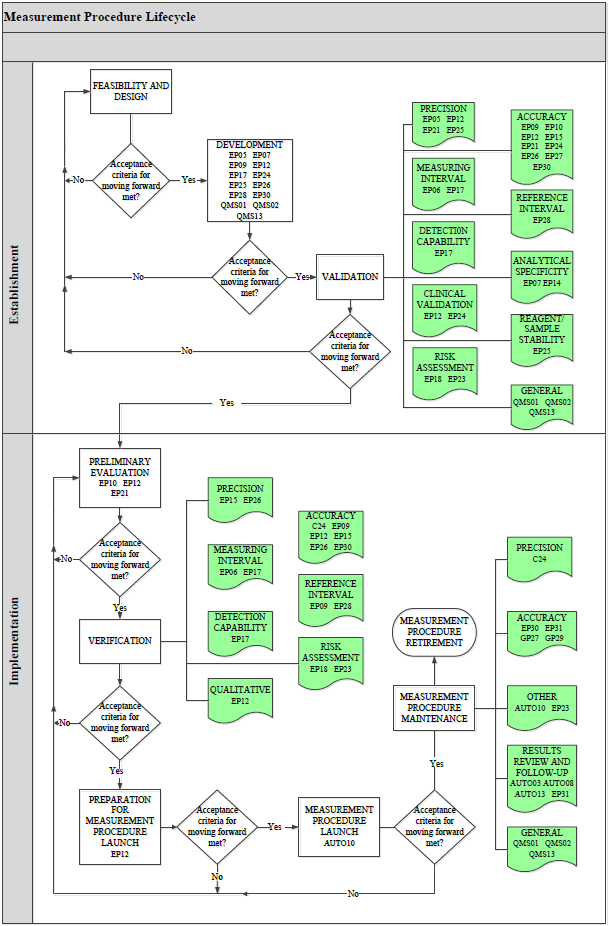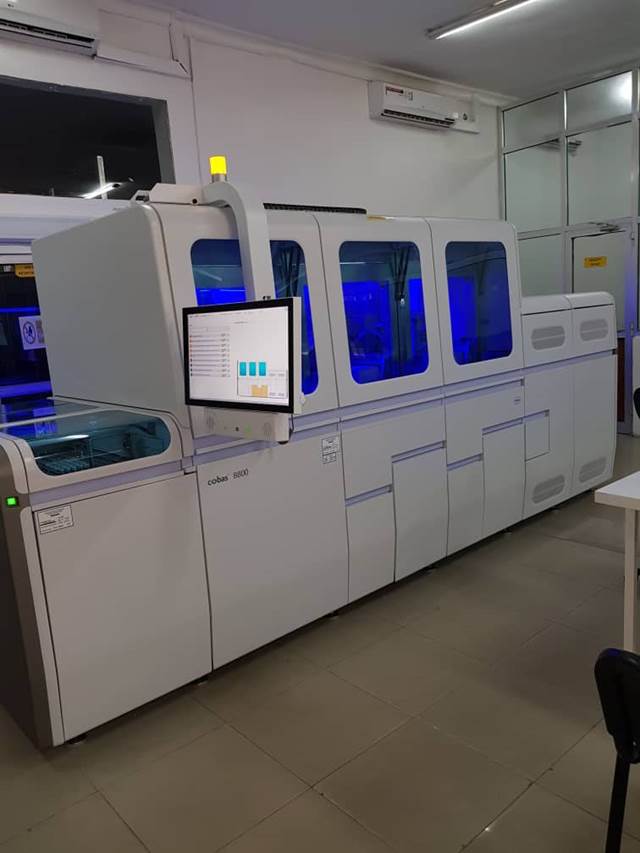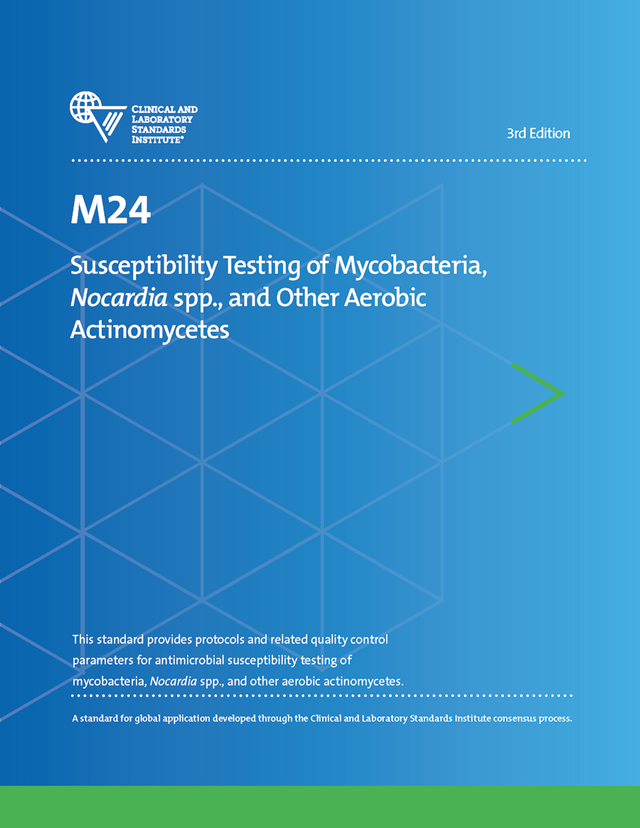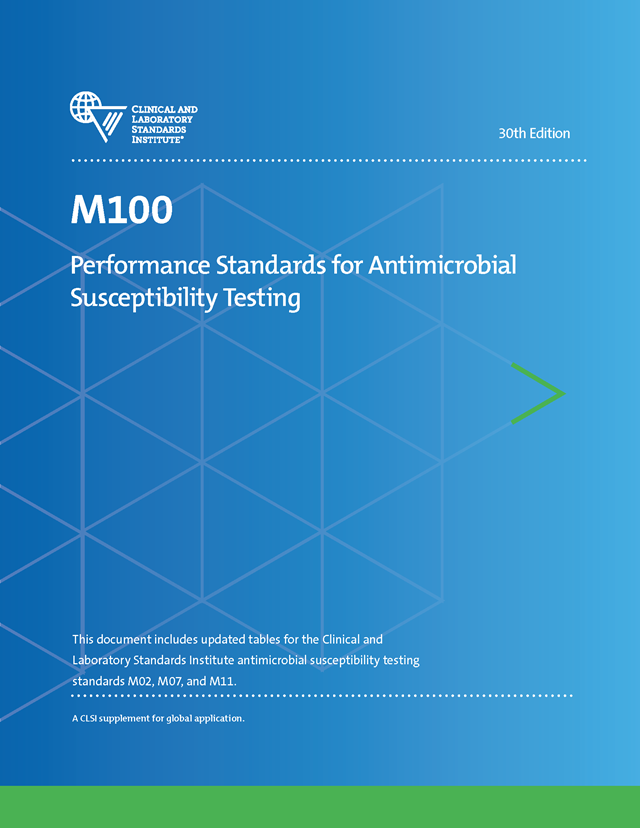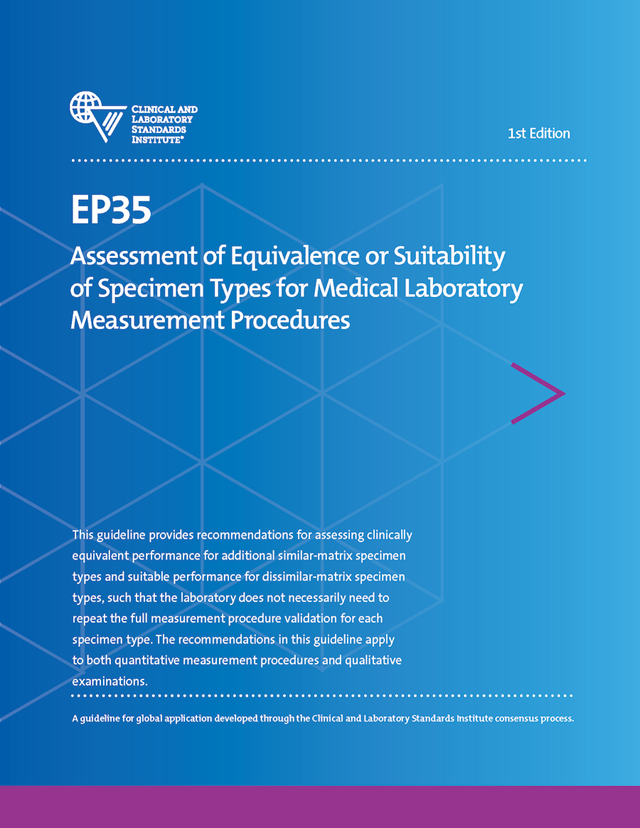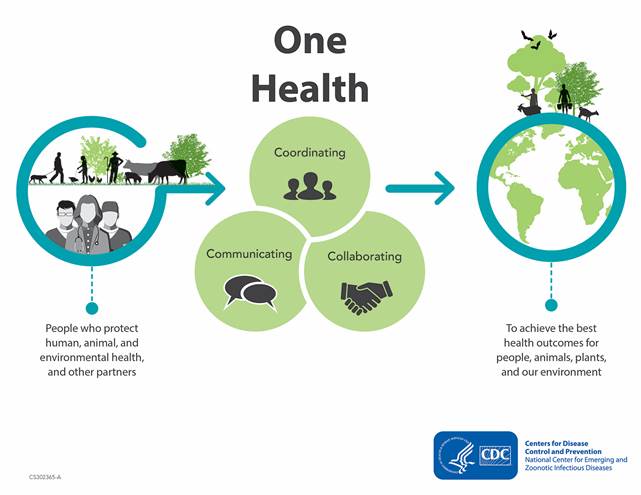Regulation of Laboratory Tests Is About to Change
The bipartisan bill, Verifying Accurate Leading-edge IVCT Development Act (VALID), was introduced to Congress on March 5, 2020. This legislative effort, if enacted, will overhaul the regulatory oversight of in vitro diagnostics (IVDs) in the United States and create a single system for regulation of LDTs and manufacturers’ IVCTs.
Read More
